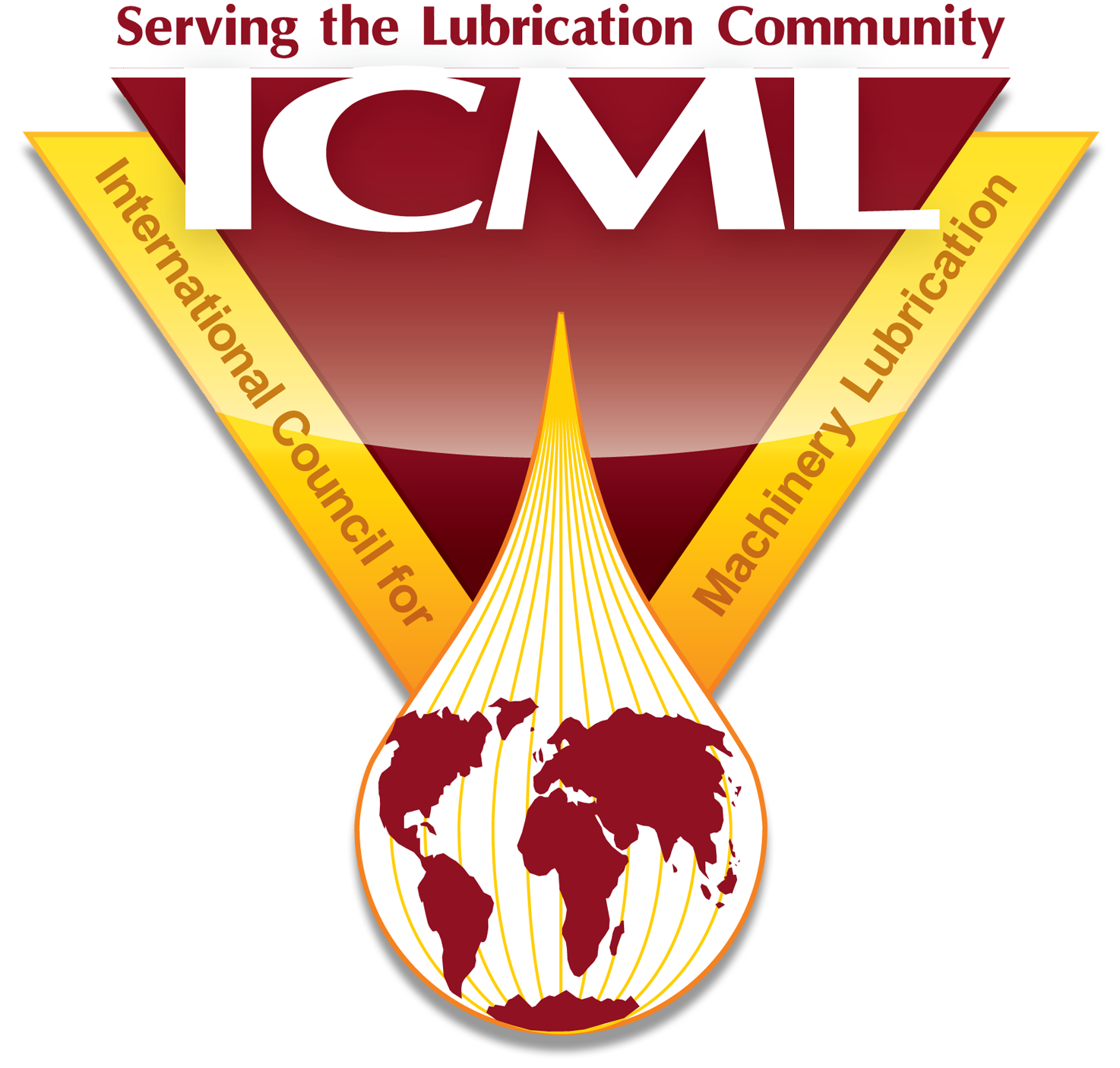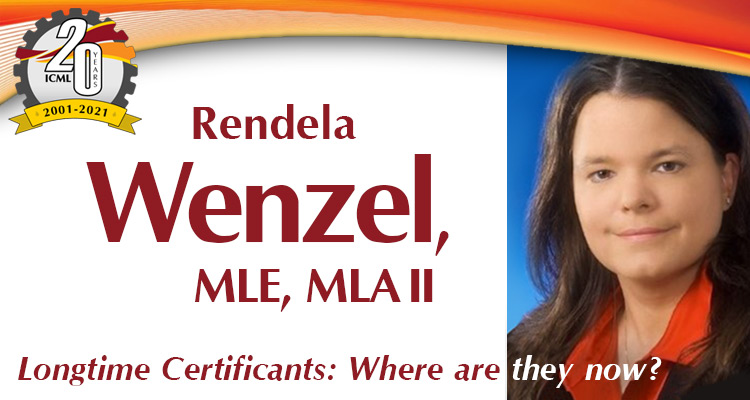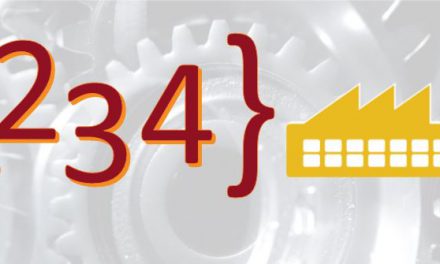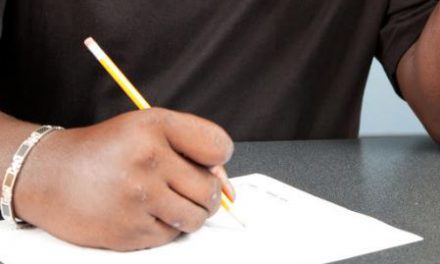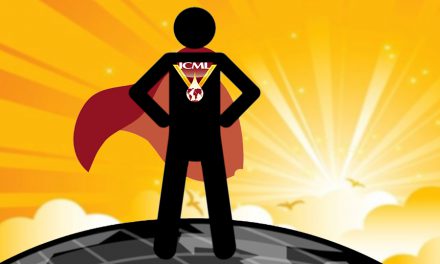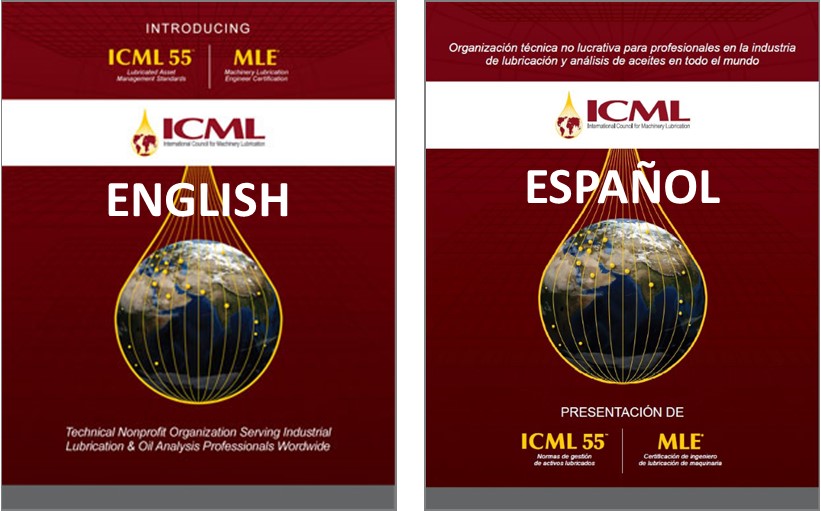September 16, 2021 | Today we meet Rendela Wenzel, the Global Reliability and Maintenance Leader at Eli Lilly and Company, where she is responsible for corporate reliability and maintenance oversight as well as the driving of condition analytics initiatives across the corporation globally. She earned her first ICML certification when she passed the MLA II exam in Biloxi, MS, USA, at our very first public exam session on January 26, 2001. In fact, of all the successful candidates from that session, Rendela is the only one who has maintained her certification since that time–a fact which makes her the longest-standing ICML-certified professional in the world! In her survey responses below, Rendela touches on the toughness of ICML exams, the impact of the Battle Award, and her love of the Irish! You can read more about Rendela at her LinkedIn.com profile.
What education/career background led you into a lubrication career, and what prompted you to seek ICML certification?
I earned a B.S. in Mechanical Engineering at Purdue University, followed a few years later with a Master of Business Administration from Indiana Wesleyan University. By that time I was also working at International Truck and Engine (Navistar), where they were just embarking on a reliability journey. They had just moved me into a new role of Reliability Engineer, and they wanted us to learn as much as we could about the “Big 3” technologies: oil analysis, vibration analysis, and thermography. I was tasked to be the oil analysis expert, so I had to research what this technology was all about and become certified. During my research I discovered Noria Corporation’s classes and the new ICML certification, and the rest is history!
Briefly recap the occasion of your first ICML certification exam in 2001.
I attended a three- or four-day Noria course taught by Jim Fitch in early 2001. I had purchased the flash cards for the exam and I spent my evenings studying for the exam after each day’s training. I felt that the exam was very difficult, especially for a person who had no previous knowledge of the technology. I felt as though the training had prepared me for the exam. It was not like a “certification” after a few days of a training class where you take an easy exam and obtain a certificate of completion. This was an SAT-style exam where if you didn’t understand the concepts you would not pass.
What has motivated you to recertify consistently all these years?
I think the ICML is a very important organization to continue to support. I see the value in good lubrication practices and how they apply to reliability engineering and the overall health of the equipment for their companies.
How has ICML certification helped you the most?
I joined the ICML as a volunteer technical expert and assisted with question-writing on the test development committee. With my knowledge gained through these certifications, I developed internal training courses at Eli Lilly to ensure the concepts of lubrication excellence were deployed throughout our manufacturing facilities globally.
What is your favorite memory/experience of your lubrication journey?
Our company applied for and received the 2008 Battle Award for Machinery Lubrication Excellence. This was a great honor for our company and really helped gain senior leadership’s support in training our engineers and technicians globally.
Who has helped or encouraged you along the way?
I have had managers in the past that were very supportive for providing funds for training and to develop the courses for others to gain the knowledge who were unable to leave their sites for multiple days.
How was your role impacted by covid-19 restrictions since 2020, if at all?
We have been out of the office, but we have adapted and have been able to train remotely as well as to continue answering questions and providing recommendations as needed. COVID has only affected our in-person training and being able to utilize props, etc.
How has lubrication technology (for application, sampling, or analysis) changed the most since you were first certified?
The concept of online monitoring was not very well established back in 2001, but now the technology exists to do more online monitoring in real time without having to take assets out of service. This helps to establish baselines and set maintenance strategies that better provide maintenance opportunities based upon how assets are utilized, not just on a predetermined time basis. This optimizes production and minimizes intrusive maintenance.
What would you identify as your top tool or technology on the market today, and why?
We are testing some online and inline tools to see how we could compare like equipment globally in developing and revising current maintenance practices.
What remains the biggest challenge to the implementation and/or sustainability of successful lubrication programs?
No matter what company you are involved with, each plant site or area has its own nuances that may be barriers to entry. Some areas adopt a little more quickly and more readily, while others take a bit more time. Overall, as you gain experience and finds to help operations, then the overall program will grow and be adopted.
Favorite town/region where you have worked
I have worked with various facilities all over the world. I enjoyed my time in Ireland at our bulk product facility working and implementing multiple technologies. The people and the culture there are amazing, and I enjoy working with them!
Hobbies, Interests, activities outside of work
I am a woodworker and have a home shop where I make various types of furniture and small products.
Other professional associations
SMRP, AMP
